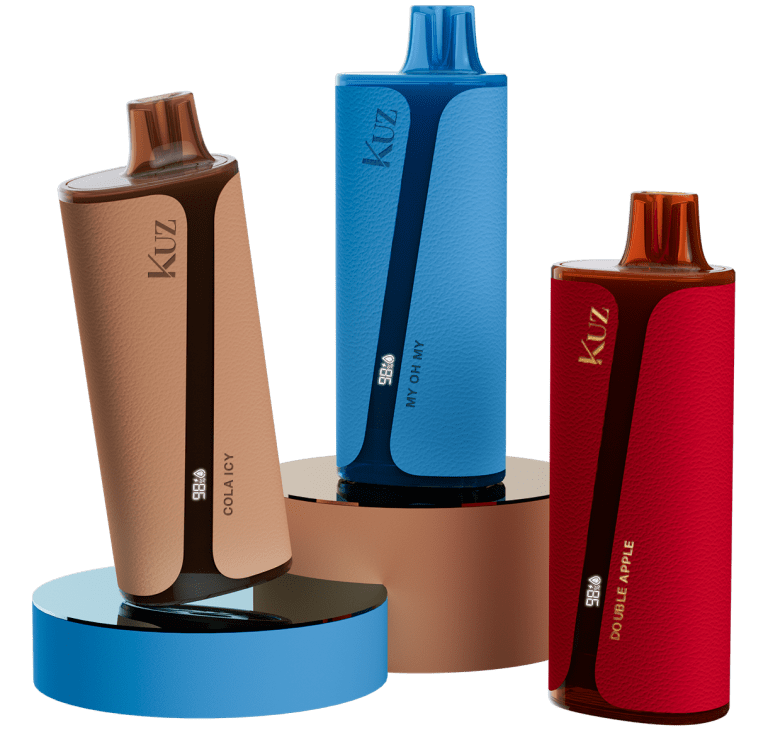Pregnancy is a time filled with joy and anticipation, but it also brings a heightened sense of responsibility, especially when it comes to your health and that of your developing baby. One of the most pressing concerns for expectant mothers who smoke is whether vaping, often perceived as a safer alternative, is truly safe during pregnancy. The answer, grounded in extensive research, is a resounding no. Vaping during pregnancy can pose serious risks to both the mother and the fetus, and it’s crucial to understand these risks to make informed decisions.
The Risks of Vaping While Pregnant
Vaping, although often marketed as a safer alternative to smoking, still introduces several harmful substances into your body. The primary concern is nicotine, a well-known toxicant that can cross the placental barrier and affect fetal development. Nicotine exposure during pregnancy has been linked to several adverse outcomes, including premature birth, low birth weight, and developmental disorders such as Attention Deficit Hyperactivity Disorder (ADHD). The developing brain is particularly vulnerable to nicotine, which can interfere with neurotransmitter systems and potentially lead to long-term neurological issues in the child.
Beyond nicotine, vaping liquids contain a mix of chemicals and flavorings, many of which are not intended for inhalation. These substances can break down into toxic compounds when heated, such as formaldehyde, a known carcinogen. The inhalation of these chemicals during pregnancy can harm fetal lung development and increase the risk of respiratory problems in the child, such as asthma, that may persist into adulthood.
Is Vaping Safer Than Smoking?
While it is true that vaping eliminates some of the harmful by-products of traditional smoking, such as carbon monoxide, it is by no means safe. The absence of certain toxins does not equate to safety, especially when the alternative still includes harmful substances like nicotine. Medical experts, including those from the Centers for Disease Control and Prevention (CDC) and the American College of Obstetricians and Gynecologists, emphasize that the best course of action for pregnant women is to avoid all forms of nicotine, including vaping. The long-term effects of vaping are still not fully understood, but the potential for harm, especially to a developing fetus, is significant enough to warrant caution.
Quitting Nicotine: Safer Alternatives
Quitting smoking or vaping during pregnancy is one of the most important steps you can take for your baby’s health. However, nicotine addiction can be challenging to overcome, especially during a time of such significant physical and emotional changes. Fortunately, there are several safer alternatives to help you quit nicotine.
Nicotine Replacement Therapy (NRT) products, such as patches and gum, are generally considered safer than smoking or vaping, although they should be used under the guidance of a healthcare provider. Behavioral therapies, support groups, and counseling can also be effective tools in helping you quit. These methods do not involve inhaling harmful chemicals and focus on breaking the psychological aspects of nicotine addiction.
Final Thoughts
The evidence is clear: vaping while pregnant is not a safe alternative to smoking. The potential risks to your baby’s health far outweigh any perceived benefits. If you are pregnant and struggling with nicotine addiction, the best approach is to seek help from your healthcare provider to find safe and effective methods for quitting. Remember, quitting nicotine in any form is the best way to ensure a healthy start for your baby.
By making informed decisions and seeking support, you can protect your baby’s health and well-being during this crucial time.



